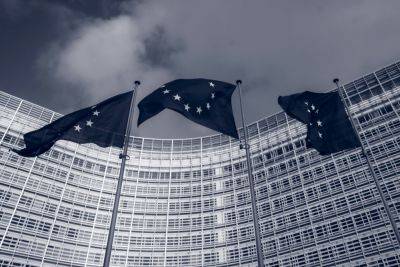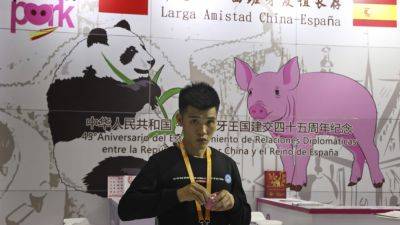F1's new regulations suggest car makers are not done with the internal combustion engine yet
If you want to see into the future of car making, the Formula One rulebook has often been a good place to start.
Regulations that made seat belts and crumple zones mandatory in race cars soon led to their adoption in road vehicles, while KERS (kinetic energy recovery) systems which teams developed to capture and convert energy lost while braking have made hybrid cars, buses, and taxis lighter and more efficient.
But the sport's new regulations suggest that car makers are not pinning all their hopes on electrification. In 2026, F1 cars will be powered by hybrid engines with a 50:50 split between electric-power and internal combustion; crucially, the combustion engine will be powered by synthetic e-fuels.
"We want to tackle climate change, and here is [synthetic fuels] a way of doing it," Pat Symonds, F1's former chief technical officer, told CNBC while he was still at the organization.
"It is different to electrification, and since we started this project several years ago more people are coming to realize that there is a parallel pathway to the decarbonization of transport."
One of those changing strategy is Honda, which announced it would be returning to F1 in 2026 after leaving the sport in 2021 to "strive for the realization of carbon neutrality by 2050." Another is Audi, which left Formula E in 2021 to join F1 in 2026, the same year that the German automotive company will stop producing new combustion engine cars and only release electric vehicles.
On the face of it, investing sizable amounts in developing an F1 engine that will never transfer to its road cars seems contradictory, but some think F1's automotive partners are hedging their bets on electrification. "No company follows a linear path to sustainability,"







